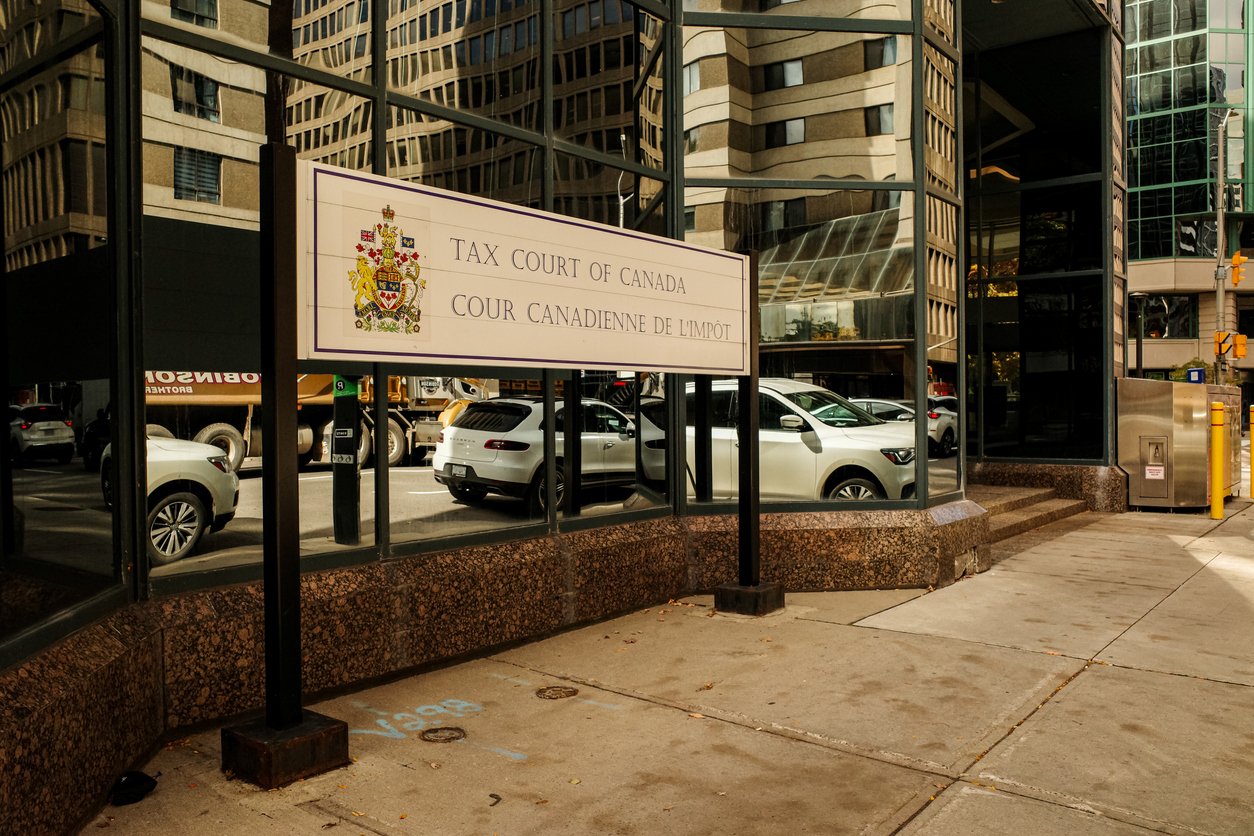A five percent tax on dividends under a treaty was already withheld and remitted

The Tax Court of Canada ruled in favour of the appellant after the Minister of National Revenue assessed an additional 15 percent tax on dividends paid to Luxembourg shareholders despite a 5 percent tax already withheld under the Canada-Luxembourg Income Tax Convention.
On October 1, 2003, Husky Energy Inc. (Husky) paid a quarterly dividend of $0.10 and a special dividend of $1.00 on each common share. Two Luxembourg residents, Hutchison Whampoa Europe Investments S.à.r.l. (HWEI) and L.F. Luxembourg S.à.r.l. (LFLS), were registered shareholders and received their proportionate share of these dividends. Husky withheld and remitted a 5 percent tax on these dividends under the Canada-Luxembourg Income Tax Convention.
However, the Minister of National Revenue assessed LFMI for tax on the portion of the dividends paid to LFLS at a higher rate of 15 percent, based on the theory that a predecessor of LFMI was the beneficial owner of these dividends. LFMI appealed this assessment.
The Tax Court heard ruled in favour of LFMI, concluding that the assessment was incorrect. The judgment also covered the costs of the appeal, which became a point of contention between the parties.
LFMI requested a lump sum award of $946,098, representing 50 percent of its legal fees and additional disbursements. The respondent, the Minister of National Revenue, argued that the costs should be significantly lower, suggesting a limit of $145,200 for legal fees and $35,355 for disbursements.
The court exercised its discretion under Section 147 of the Tax Court of Canada Rules to determine a reasonable award of costs. It noted that an award of costs is not intended to fully compensate for actual expenses incurred nor to punish any party. Instead, it aims to contribute fairly to the successful party's expenses.
The court considered several factors, including the amount in issue, the importance of the issues, the volume of work, and the complexity of the case. The court rejected the respondent's suggestion of limiting costs to four times the amount stated in the bill of costs computed under the Tax Court’s tariff.
The court acknowledged that LFMI's legal fees were substantial due to the complex nature of the case, which involved novel questions about tax treaties and the General Anti-Avoidance Rule (GAAR). LFMI claimed total legal fees of $1,573,407, but the court found $1,382,238 to be a reasonable basis for determining costs after accounting for work performed by students-at-law.
Ultimately, the Tax Court awarded LFMI $575,000 in legal fees, significantly higher than the respondent's proposed amount but lower than LFMI's request.










